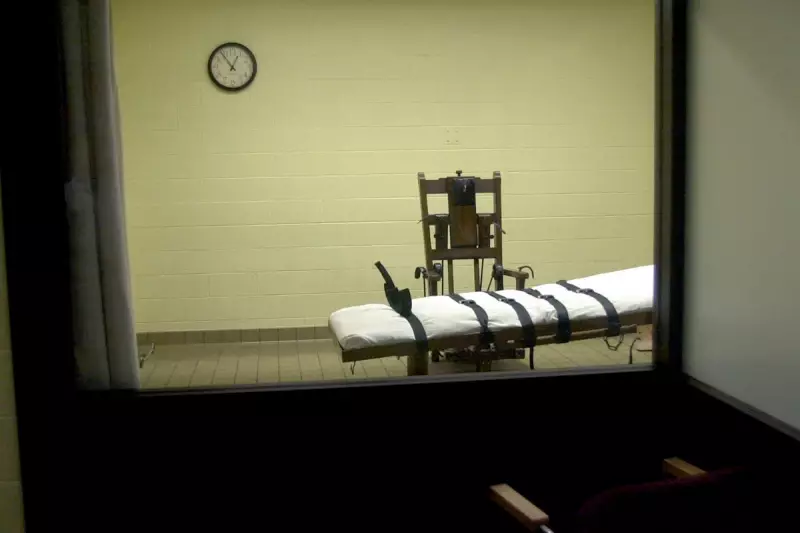
Florida has carried out the execution of 76-year-old Richard Barry Randolph, closing one of the state's longest-running capital punishment cases that began with a brutal murder nearly four decades ago.
Randolph received a lethal injection at Florida State Prison on Wednesday evening, becoming the oldest inmate executed in the state since capital punishment resumed in 1976. The execution proceeded after the US Supreme Court denied his final appeal earlier in the day.
A Crime That Shocked a Community
The case dates back to December 16, 1986, when Randolph broke into the home of 67-year-old Minnie Ruth McCollum in St Petersburg. What began as a burglary escalated into a violent confrontation that would haunt the community for generations.
Court records reveal that Randolph attacked McCollum with a tyre iron, beating her repeatedly before strangling her to death. The brutality of the crime shocked local residents and launched one of Florida's most prolonged legal battles.
Decades of Legal Challenges
Randolph's path to execution spanned 38 years, marked by numerous appeals and temporary reprieves. His defence team had argued that his age and lengthy time on death row constituted grounds for clemency.
In his final statement, Randolph expressed remorse, telling the victim's family: "I am sorry for the hurt I have caused you and your family." He also thanked prison staff for their treatment during his incarceration.
The execution witnessed by family members of both Randolph and his victim brought closure to a case that has stretched across multiple generations. Florida Governor Ron DeSantis signed Randolph's death warrant in April, setting in motion the final chapter of this decades-long legal saga.
Florida's Capital Punishment Landscape
This execution marks Florida's second this year and continues the state's active use of the death penalty. The case highlights the extraordinary duration some capital punishment cases can span, raising questions about the justice system's timeline in such matters.
With Randolph's execution, Florida has now put to death 106 inmates since resuming capital punishment in the 1970s. The advanced age of the inmate adds another dimension to ongoing national debates about elderly prisoners on death row.





